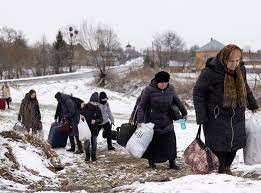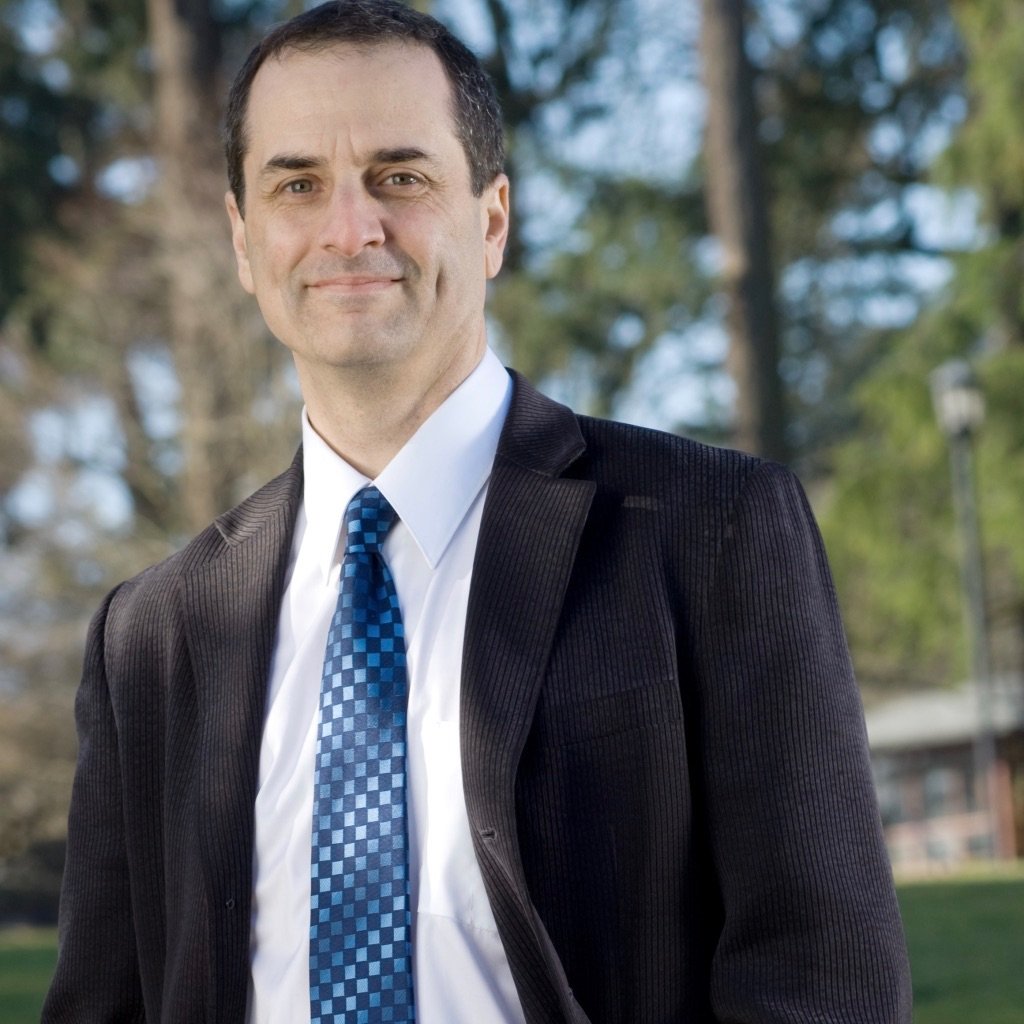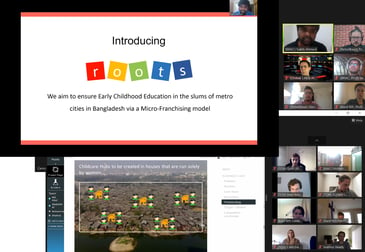Ukraine: The Last Fossil-Fueled War?

In March of 2022, we were shaken by Putin’s invasion of Ukraine, and heartened by the heroism of the Ukrainian people in defense of freedom and democracy. Amidst the terrible suffering unleashed by this senseless war, a few things stand out regarding our work at the Bard GPS.
The war is the latest, and perhaps the last, profoundly evil manifestation of monopoly control over fossil fuel energy. Oil money concentrated in a few hands has corrupted politics and fueled wars across the world, from the US to Venezuela, from Iraq to Australia to Yemen to Nigeria. As renewable energy democratizes access to energy globally, this corrupting force will wither.
Despite hand-wringing about the war reviving the global oil industry, the invasion will undoubtedly accelerate the energy transition. History shows that high and volatile oil prices are powerful incentives for private actors to decarbonize. Europe’s resolve to decouple from Russian gas is growing stronger by the day. Even if US fossil fuel producers ramp up production for a year or two, they will only be displacing Russian gas. The invasion marks another nail in the coffin for the oil industry. Here are a few other observations.
Stakeholder capitalism has taken root. Major companies from finance to consumer goods to energy all realized quickly that staying in Russia meant poisoning their brands. These companies quickly cut their losses. And the shift in mindset of CEOs away from short-term profit to purpose enabled this very rapid business response.
Rethinking globalization. Covid revealed the limits of organizing global supply chains around rock bottom costs rather than resilience. The war– including the role China plays going forward– is highlighting political risks to business from globalization.
Refugees and racism. It is a very good and powerful thing that European nations have opened their doors to now more than two million people who have fled Ukraine. At the same time, we must recognize the racism inherent in denying sanctuary to Muslims and Africans fleeing conflicts of similar horror. And also, that the tens of millions of climate refugees each year now outnumber those arising from conflict. How can sustainable enterprise address and defuse this rising issue of refugees and racism that so dominates politics in countries across the world?
In the face of these momentous shifts in the global economy caused by war and Covid, the Bard MBA is building a community of business leaders working to create a better future: a world with less and less conflict, more and access to healthcare, more and more racial justice, and a stable climate. In these times, our thoughts are with the Ukrainian people, and the Russian conscript soldiers, dying in a conflict fully financed by profits from oil.




